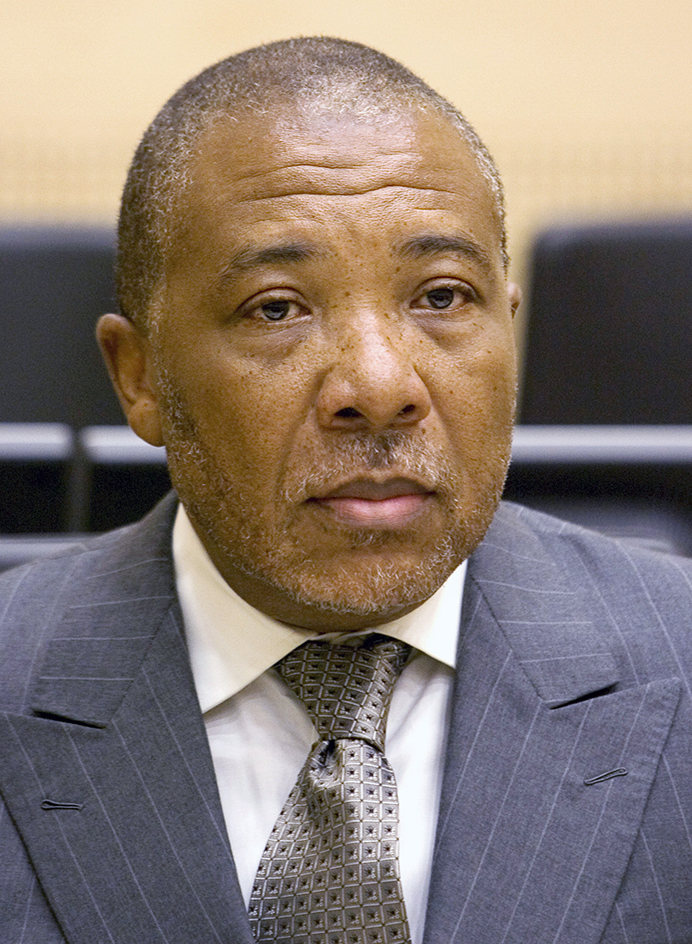Taylor, Charles (1948-…), also known as Charles Ghankay Taylor, was president of Liberia from 1997 to 2003. His presidency was marked by fighting between the government and opposition groups within Liberia. Taylor also faced pressure from the United Nations (UN), which accused him of supporting rebels in neighboring Sierra Leone. He was forced to step down in 2003, and a UN-backed court charged him with war crimes and other human rights violations. In 2012, the court found Taylor guilty of supporting the rebels and sentenced him to 50 years in prison.

Taylor was born on Jan. 28, 1948, in Arthington, in Montserrado County, Liberia. In 1977, he received a bachelor’s degree in economics from Bentley College in Waltham, Massachusetts. Taylor returned to Liberia in early 1980.
In April 1980, Liberian President William R. Tolbert, Jr., was murdered by militants who then took over Liberia’s government. The militants installed Samuel K. Doe, an army sergeant, as head of state. Taylor was given a position in Doe’s government but was forced to flee the country in 1983 after he was accused of embezzling more than $900,000. In 1984, Taylor was arrested in the United States, but he escaped from prison before he could be sent to Liberia for trial. Taylor went into hiding in other African countries, including Libya.
During the late 1980’s, Taylor established himself as leader of a rebel group called the National Patriotic Front of Liberia (NPFL). Around this time, he adopted the African name Ghankay as his middle name. On Dec. 24, 1989, the NPFL invaded Liberia, starting a civil war that grew to involve other rebel groups. Taylor’s forces soon seized control of most of the country. During the war, Taylor allegedly began supporting rebels in Sierra Leone, by providing weapons in exchange for diamonds.
In 1996, the warring factions signed an agreement that ended the civil war. The following year, Taylor won a landslide victory in presidential elections, and his National Patriotic Party gained control of the legislature. His administration was marked by repression and ongoing conflict with opposition groups. Toward the end of Taylor’s presidency, the opposition groups intensified their war against the government and eventually gained control of about two-thirds of the country.
In 2001, the United Nations imposed sanctions on Liberia for its support of rebels in Sierra Leone. In 2002, the UN established the Special Court for Sierra Leone, and in 2003, the court charged Taylor with war crimes and other abuses. Under domestic and international pressure, Taylor resigned as president and went into exile in Nigeria. In 2006, he was arrested and later sent to a UN detention center for accused war criminals at The Hague, in the Netherlands. After he was convicted of war crimes, he was transferred to a prison in the United Kingdom.
